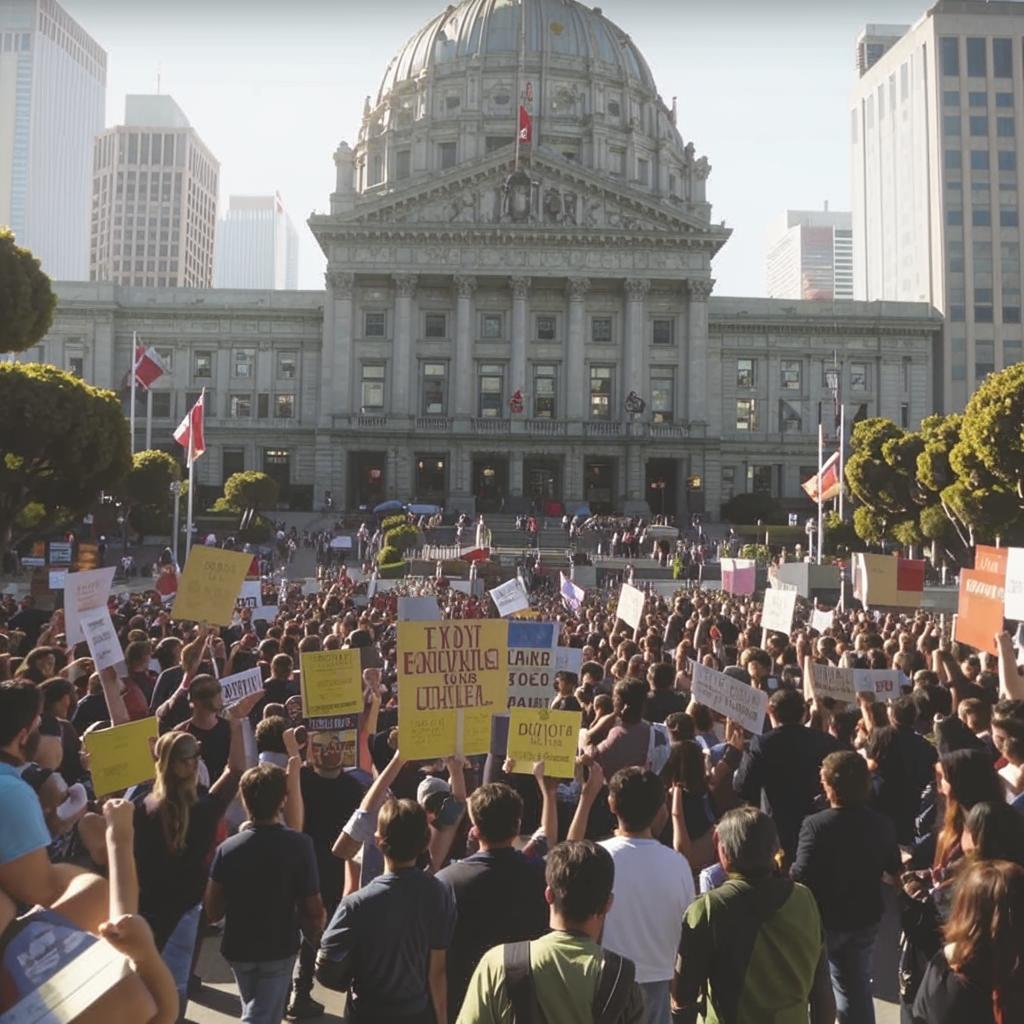Former President Trump has intensified his criticism of Federal Reserve Chair Jerome Powell, alleging that Powell’s monetary policies are intentionally harming the U.S. economy. Trump’s attacks, delivered through rallies and social media posts, accuse Powell of keeping interest rates too high, stifling economic growth, and undermining Trump’s efforts to boost the stock market.
These accusations are a significant escalation of Trump’s long-standing feud with the Fed. During his presidency, Trump frequently criticized Powell, breaking with the tradition of presidents refraining from commenting on the Fed’s independent decisions. Now, back on the campaign trail, Trump is reviving this line of attack, framing Powell as an obstacle to his economic agenda.
Trump’s attacks come as the Fed navigates a delicate balancing act: trying to curb inflation without triggering a recession. Powell has defended the Fed’s actions, emphasizing its commitment to price stability. However, Trump claims that the Fed’s rate hikes are unnecessary and are causing economic pain for Americans.
Experts suggest that Trump’s renewed focus on the Fed Chair is a strategic move to deflect blame for any potential economic slowdown and to rally his base. He aims to portray himself as a champion of economic growth, battling against forces that are supposedly working against the American people. It also provides a ready-made scapegoat should the economy falter ahead of the election. The attacks could potentially put pressure on the Fed, though the central bank is designed to operate independently of political influence.
Trump’s persistent attacks raise concerns about the Fed’s independence and the potential for political interference in monetary policy, sparking debate on the appropriate relationship between the executive branch and the central bank.














